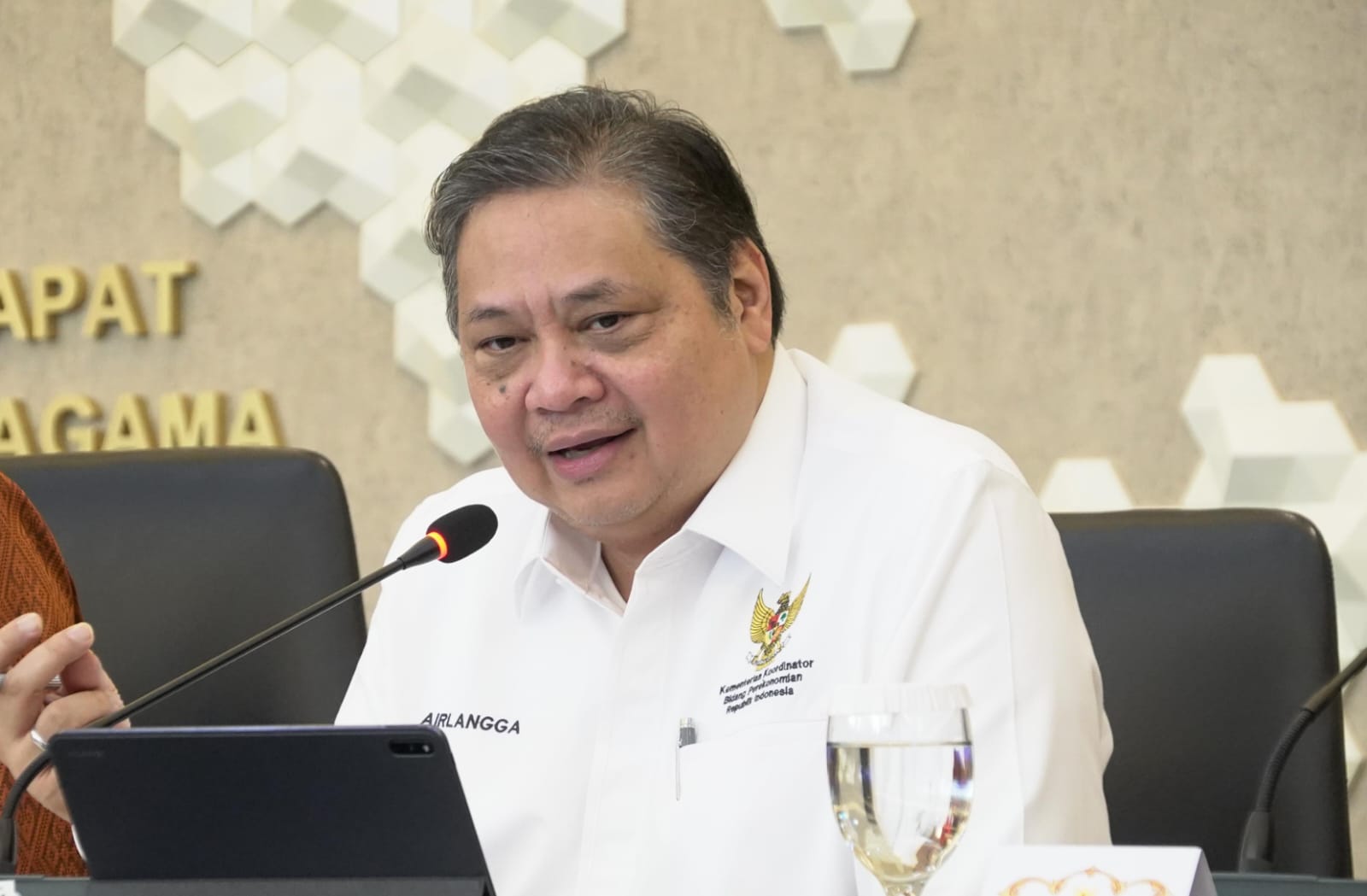The Indonesian government is preparing to submit a formal proposal to the United States following the imposition of a new 32% import tariff. Coordinating Minister for Economic Affairs Airlangga Hartarto stated that President Prabowo Subianto has directed the cabinet to avoid retaliatory tariffs and instead pursue negotiation channels.
“President Prabowo has instructed us to respond through negotiations,” Airlangga said on Monday at the Coordinating Ministry for Economic Affairs in Jakarta.
Concrete Proposal Underway for Submission to USTR
The U.S. Trade Representative (USTR) has requested a concrete proposal from Indonesia. Airlangga confirmed that communication with U.S. officials is ongoing and the Indonesian government is preparing policy inputs for consideration by the White House.
Trade Deficit a Key Trigger for Tariff Increase
One of the underlying reasons for the tariff hike is the U.S. trade deficit with Indonesia, which reached $18 billion. In response, Jakarta is crafting a proposal that includes trade relaxations designed to help narrow the deficit gap and support the U.S. economy.
Three Trade Offers from Indonesia to the United States
Boosting Import Volume of Key US Commodities
Indonesia is considering increasing imports of U.S. products that are already commonly brought in, including wheat, cotton, and oil and gas. The plan also includes expanding imports of top U.S. export products such as electronics, wooden furniture, shoes, copper, and gold.
“We are also considering importing components for our National Strategic Projects, such as refinery equipment, from the United States,” Airlangga added.
Offering Fiscal and Non-Fiscal Incentives
The government may offer tax and tariff incentives for U.S. goods. These include reductions in import duties and other tax-related charges. Although Indonesia already maintains low tariffs for American goods—5% on average and 0% on wheat and soybeans—further easing is under review.
“We are also looking at corporate income tax and value-added tax on imports,” Airlangga said.
Deregulating Non-Tariff Measures for US ICT Products
Indonesia is also assessing the possibility of relaxing non-tariff regulations. This includes adjusting domestic content rules (TKDN) for U.S. technology firms such as General Electric, Apple, Oracle, and Microsoft. Other measures under evaluation include limited prohibition reviews, halal certification acceleration, and other regulatory processes.
PHOTO: EKON.GO.ID
This article was created with AI assistance.
Read More






 Friday, 27-02-26
Friday, 27-02-26







